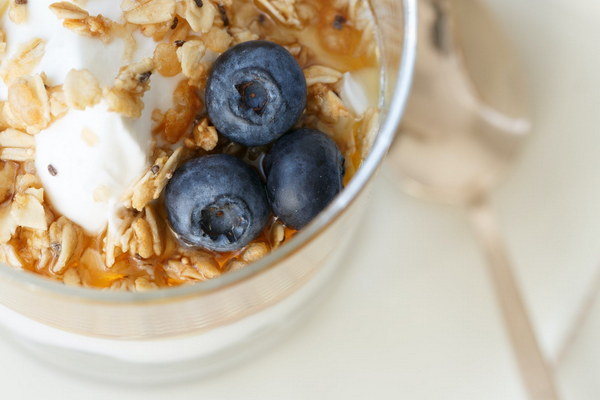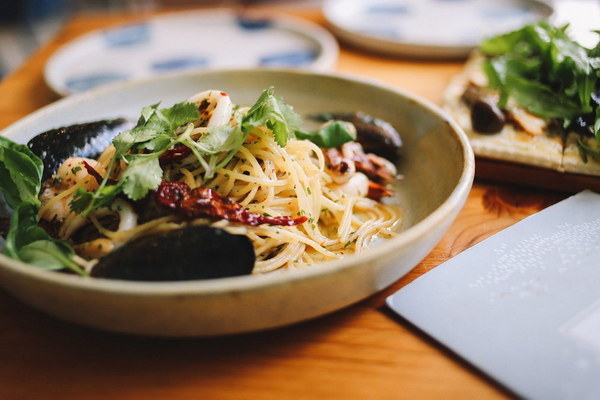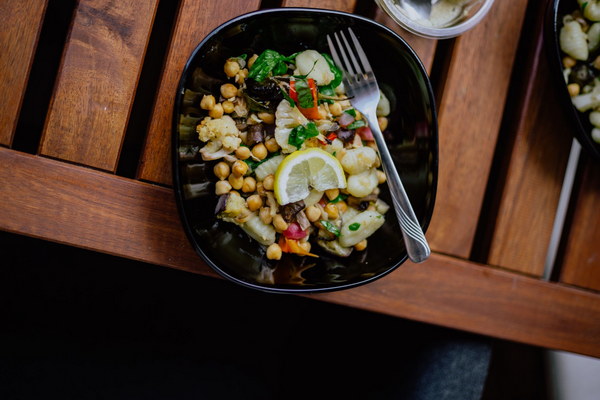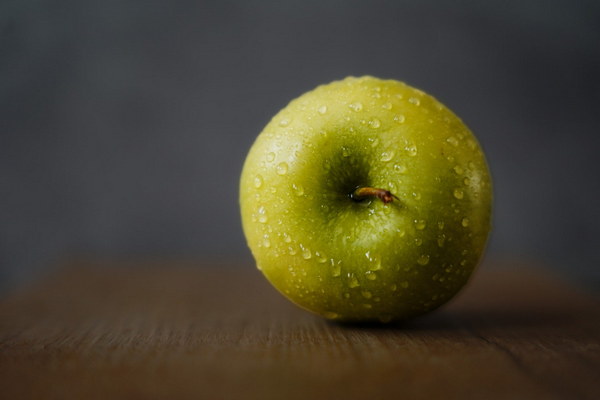Busting the Myth Does Eating Certain Foods Really Cleanse Your Lungs
In recent years, there has been a proliferation of claims that certain foods possess the power to cleanse and detoxify the lungs. From herbal teas to exotic fruits, the list of lung-cleansing foods seems endless. However, the question remains: does eating these foods really have the ability to purify our respiratory system? Let's delve into the science and dispel the myth.
First and foremost, it's important to understand that the lungs are naturally equipped with their own cleaning mechanisms. The alveoli, tiny air sacs in the lungs, are responsible for oxygen exchange, and they are lined with tiny hair-like structures called cilia. These cilia move in a coordinated manner to trap dust, dirt, and other particulates, which are then expelled from the body through coughing or sneezing. The respiratory system is thus designed to filter and cleanse itself.
While certain foods may offer benefits to overall respiratory health, the idea that they can specifically cleanse the lungs is a myth. Here are some common foods that are often claimed to have lung-cleansing properties, along with the truth behind their supposed benefits:
1. Garlic - Garlic is often praised for its immune-boosting properties, but it does not have any direct impact on the lung's ability to clean itself. While it may help fight off infections that could potentially affect the lungs, it is not a targeted cleanser for the respiratory system.
2. Green Tea - Green tea is rich in antioxidants and has been linked to improved lung function, particularly in studies that have shown a reduction in the risk of chronic obstructive pulmonary disease (COPD). However, it does not physically cleanse the lungs; rather, it supports overall health and may help reduce inflammation.
3. Pumpkin Seeds - These seeds are known for their zinc content, which is important for maintaining healthy lung function. While zinc does play a role in immune system health, consuming pumpkin seeds does not magically purify the lungs.
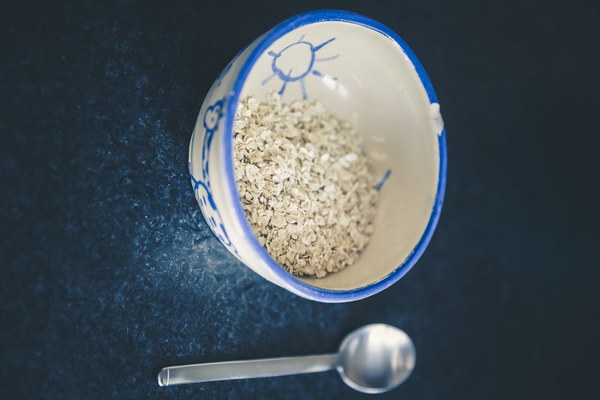
4. Onions - Onions are high in quercetin, a compound that has been shown to reduce inflammation and may help prevent the development of asthma. Again, while onions may contribute to overall lung health, they do not serve as a cleanser for the lungs.
5. Apples - Apples are often associated with good health, but their lung-cleansing benefits are more about their overall nutritional profile than any specific cleansing action. The fiber in apples can help with digestion, which indirectly supports the body's ability to expel waste products, but it does not target the lungs themselves.
6. Ginger - Ginger has been used traditionally for its anti-inflammatory and respiratory benefits. It may help with digestion and reduce respiratory symptoms, but it does not act as a cleanser for the lungs.
In conclusion, while certain foods can contribute to overall respiratory health, the concept of consuming them to cleanse the lungs is not supported by scientific evidence. The lungs are designed to filter and expel particulates, and while a healthy diet can support the body's natural defenses, it is not a substitute for proper lung care, such as avoiding exposure to pollutants, getting regular physical activity, and seeking medical attention for any respiratory issues.
So, the next time you come across a claim that a particular food can cleanse your lungs, remember that the truth is a bit more mundane. A balanced diet and a healthy lifestyle are the best ways to support your respiratory health, not a special diet of exotic or herbal foods.
